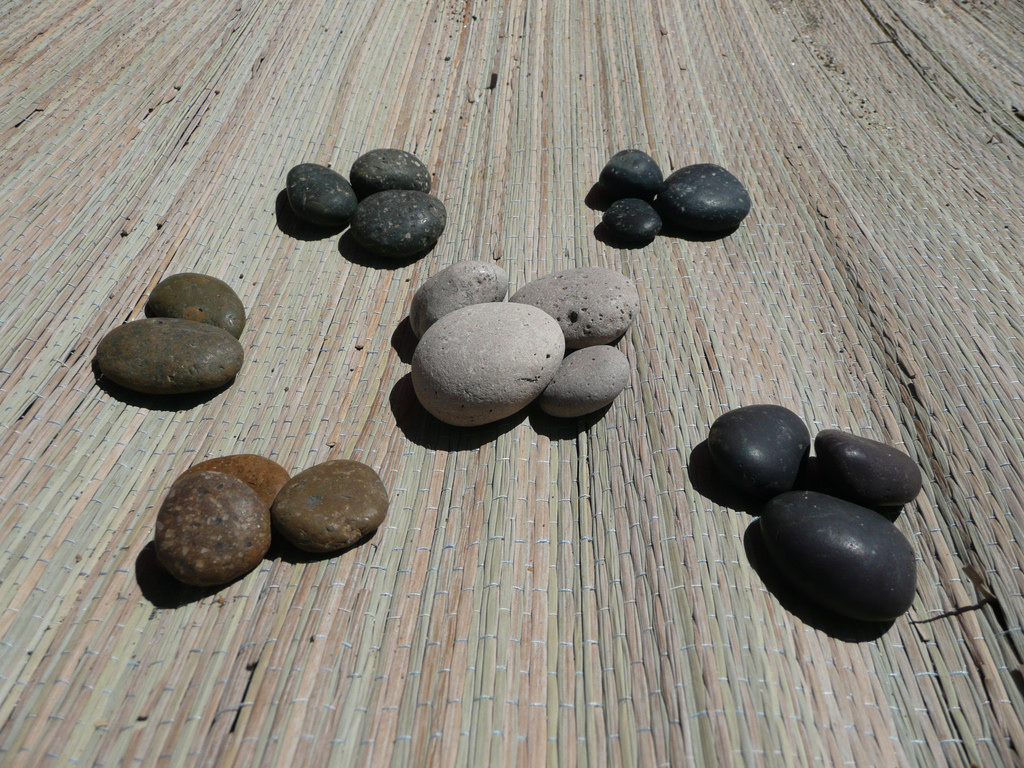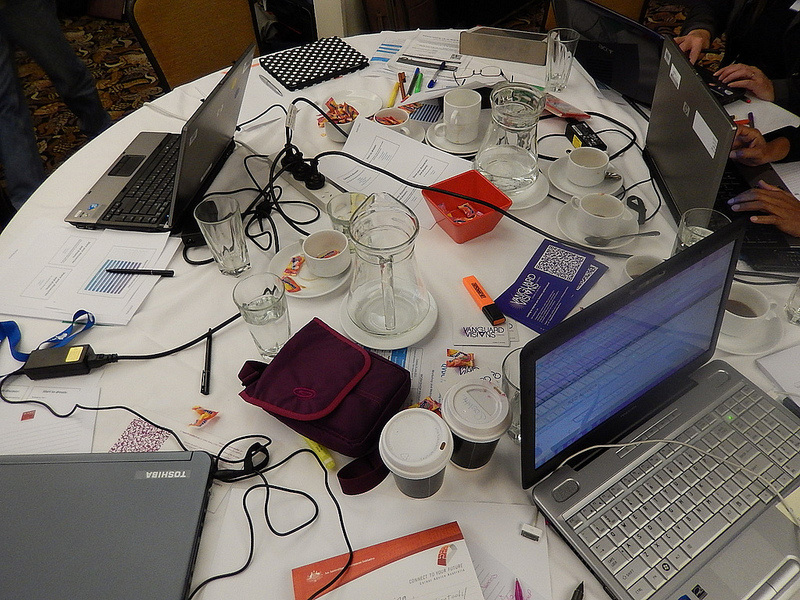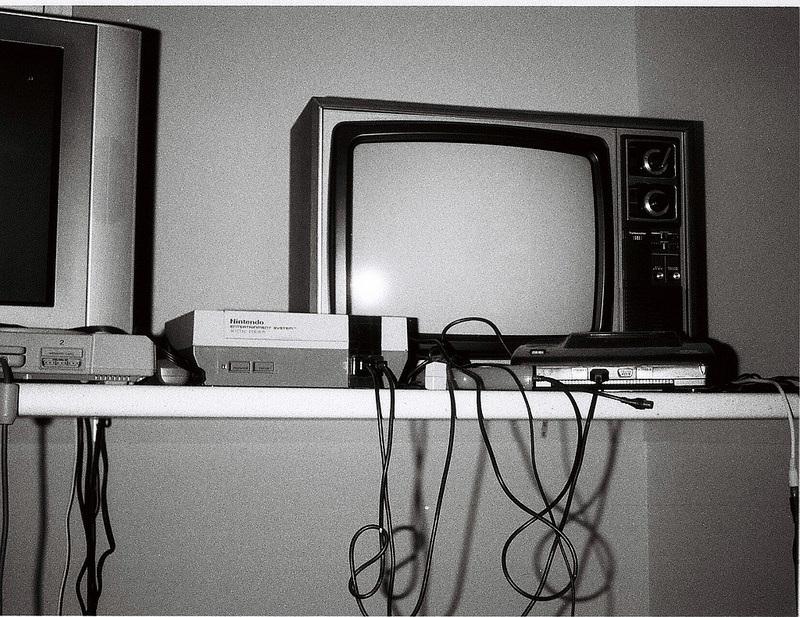| The website fengshui.about.com describes Feng Shui as “. . . an ancient art and science developed over 3,000 years ago in China. It is a complex body of knowledge that reveals how to balance the energies of any given space to assure health and good fortune for people inhabiting it. Feng means wind and shui means water. In Chinese culture wind and water are associated with good health, thus good feng shui came to mean good fortune, while bad feng shui means bad luck, or misfortune.” |
I first heard about Feng Shui from my wife. We bought a book on the subject, quite expensive at the time when we had little money, and from that time I have built an active appreciation of the benefits of this art. The best way I can describe my experience is when one day, shortly after our book purchase, I walked into a room arranged on Feng Shui principles. I will never forget the almost instant feeling of calmness that came over me combined with a desire to simply stay put in this beautiful room for a while – to draw energy and refresh my mind.
So what are the benefits of Feng Shui?
Well a good nights sleep is one (more on that later in this blog). Harmonising energy flows is another, and that makes us feel alive and open to possibilities. Creating calmness – removing clutter in your house helps remove clutter in your mind.
In business there have been numerous studies linking a new Feng Shui environment to increased turnover and profitability. Check out these case studies in the UK from a Feng Shui consultant who describes the positive effects of Feng Shui on various businesses. An interior design company that doubled turnover, a hairdresser whose profits substantially rose after six months and a toy retailer nominated for toy shop of the year.
So what are the benefits of Feng Shui?
Well a good nights sleep is one (more on that later in this blog). Harmonising energy flows is another, and that makes us feel alive and open to possibilities. Creating calmness – removing clutter in your house helps remove clutter in your mind.
In business there have been numerous studies linking a new Feng Shui environment to increased turnover and profitability. Check out these case studies in the UK from a Feng Shui consultant who describes the positive effects of Feng Shui on various businesses. An interior design company that doubled turnover, a hairdresser whose profits substantially rose after six months and a toy retailer nominated for toy shop of the year.
Here are four simple Feng Shui changes that you can make to help you feel calmer, happier and open to the positivity in the world around us:
| One: De-Clutter We use so much more time and energy in a cluttered environment – finding things, tidying things, moving around things . . . Feng Shui philosophy says that clutter keeps us bogged down in the past and puts a dampener on our creative energy. Take a room-by-room approach, and my advice is start with the bedroom. Look around and take an objective view of what is on your shelves, the floor, window-sills, on the walls and even under your bed (actually especially under your bed). Have you used these things or really looked at them in the last few months or years? Do they reflect who I am now or are they rooting me in the past? I like the theory that there is so much abundance in the world, its just distributed the wrong way. Make a trip to your local charity shop with a box or two of stuff that may make someone who really needs a helping hand in life very very happy. |
| TWO: Electronics out of the bedroom Your bedroom is a place for rest, to unwind, recharge and relax. Electromagnetic fields (EMFs) have been found to disrupt the natural energy flows in your body – affecting the nervous system and increasing stress. Insomnia, anxiety and depression have all ben linked to exposure to EMFs. Don’t compromise on this one. Leave your electronics out of the bedroom . . . period. |
| THREE: Bring the outdoors in There is nothing like nature to create a sense of calmness and peace. So if you can, and its not too cold outside, open your windows each day to let the fresh air in. Bring plants indoors. Decorate with natural elements such as bamboo, flax, driftwood or rocks. Your walls are important – use your creative skills to frame stunning landscapes you have shot. |
FOUR: Lighten things up
Especially areas such as your main entry hall – very important in Fen Shui as it is through the front door that your house gets its Chi ( a Chinese word meaning aliveness, life force, energy or life breath – also known as Prana). It is for this reason, by the way, that you shouldn’t have a mirror facing your front door as it pushes all that good energy right back out the front door. Mirrors not facing the door are good though as is plenty of natural light – or failing that lamps or overhead spotlights. And also remember to de-clutter to create clean inviting lines.
Especially areas such as your main entry hall – very important in Fen Shui as it is through the front door that your house gets its Chi ( a Chinese word meaning aliveness, life force, energy or life breath – also known as Prana). It is for this reason, by the way, that you shouldn’t have a mirror facing your front door as it pushes all that good energy right back out the front door. Mirrors not facing the door are good though as is plenty of natural light – or failing that lamps or overhead spotlights. And also remember to de-clutter to create clean inviting lines.



